Switzerland not obliged to recognise child marriage
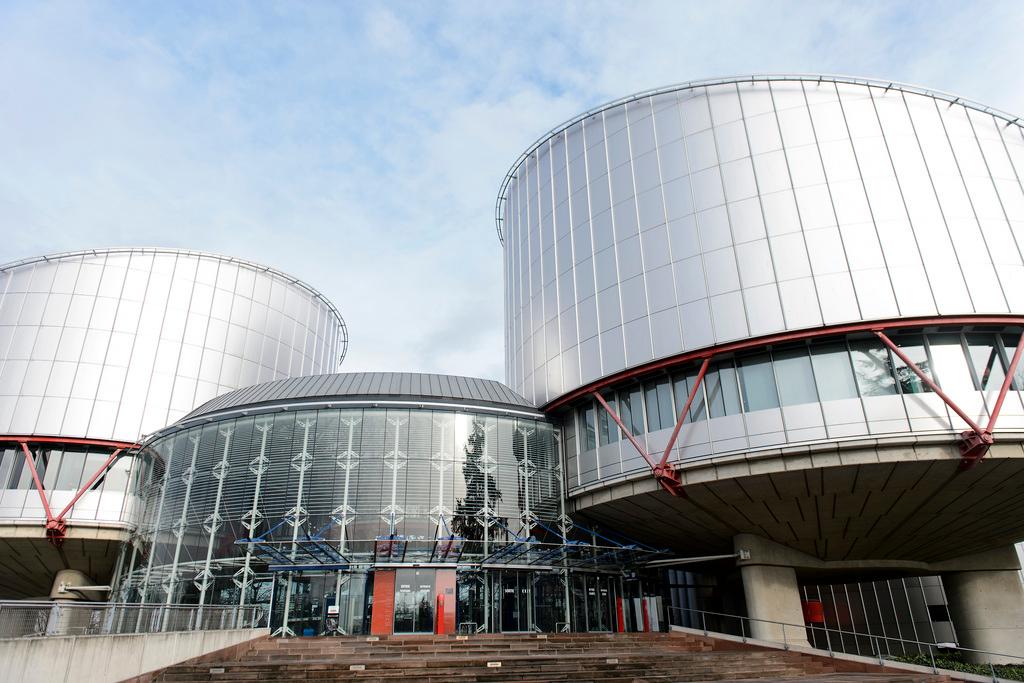
The European Court of Human Rights has decided that the Swiss authorities did not violate the European Convention on Human Rights when it expelled an 18-year-old asylum-seeker who claimed to have married a 14-year-old compatriot.
ZH (female) and RH (male), Afghan nationals, entered Switzerland via Italy and applied for asylum in September 2011. They said they had married in a religious ceremony in Iran in 2010.
Their asylum request was rejected in December 2011 and March 2012. The migration authorities considered that under European Union law – the Dublin II Regulation – Italy was responsible for examining their asylum application, as it was the first EU state that they had entered.
The couple appealed, but the Swiss authorities upheld the rejection of their asylum request, finding that the couple had failed to submit a certificate of marriage and that in any event their religious marriage could not be validly recognised in Switzerland because the law in Afghanistan prohibited marriage for women under the age of 15.
Furthermore, the couple’s marriage was incompatible with Swiss law since sexual intercourse with someone under the age of 16 is a crime in Switzerland. As such, ZH could not be qualified as a member of RH’s family under EU law and they could not claim a right to family life under the European Convention.
RH was expelled to Italy in September 2012 but returned to Switzerland illegally three days later.
Protection of children
In the proceedings before the European Court of Human Rights in Strasbourg, France, the couple alleged that the expulsion of RH had breached their right to respect for family life – Article 8 of the European Convention on Human Rights.
In its unanimous decision, published on Tuesday, the Court found that at the time of RH’s removal to Italy, the Swiss authorities had been justified in considering that the applicants were not married.
It held, in particular, that Switzerland was under no obligation to recognise the marriage of a child, emphasising the importance of the protection of children and considering the regulation of marriage an issue best addressed by the national courts.
European Court of Human Rights
The European Court of Human Rights was set up in Strasbourg by the Council of Europe member states in 1959 to deal with alleged violations of the 1950 European Convention on Human Rights.
It is not related to the Court of Justice of the European Union (ECJ).
Switzerland ratified the European Convention on Human Rights on November 28, 1974.

In compliance with the JTI standards
More: SWI swissinfo.ch certified by the Journalism Trust Initiative
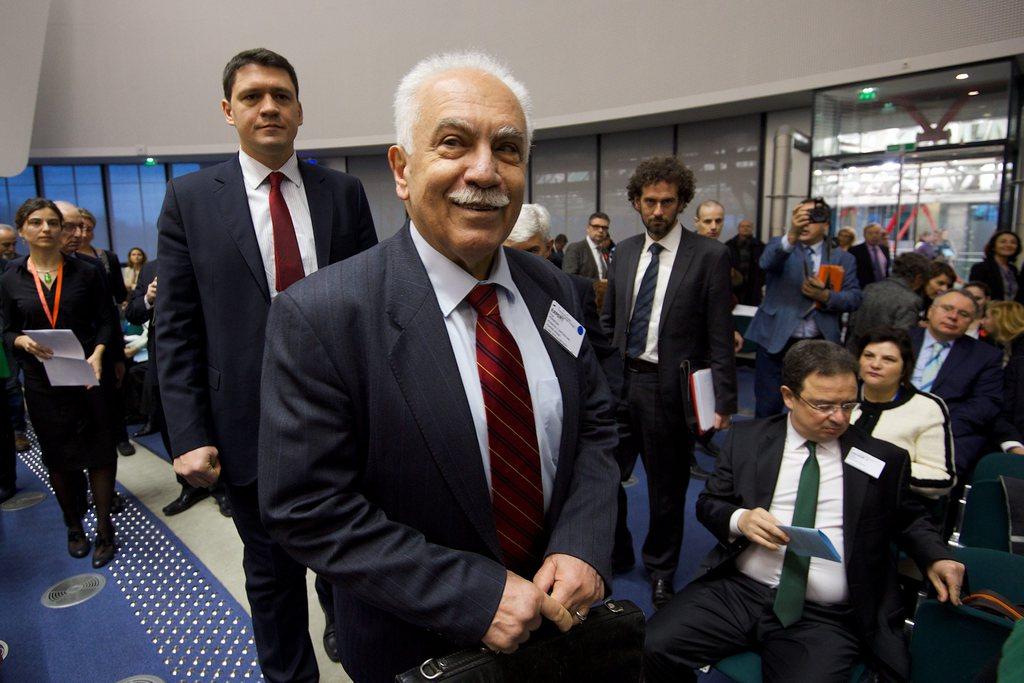
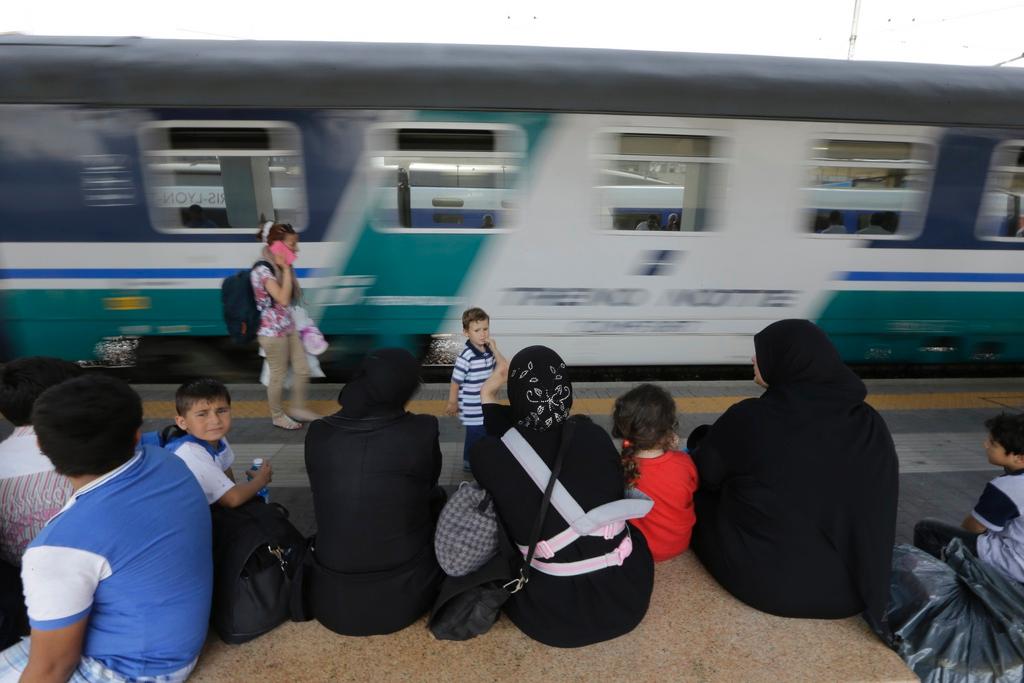
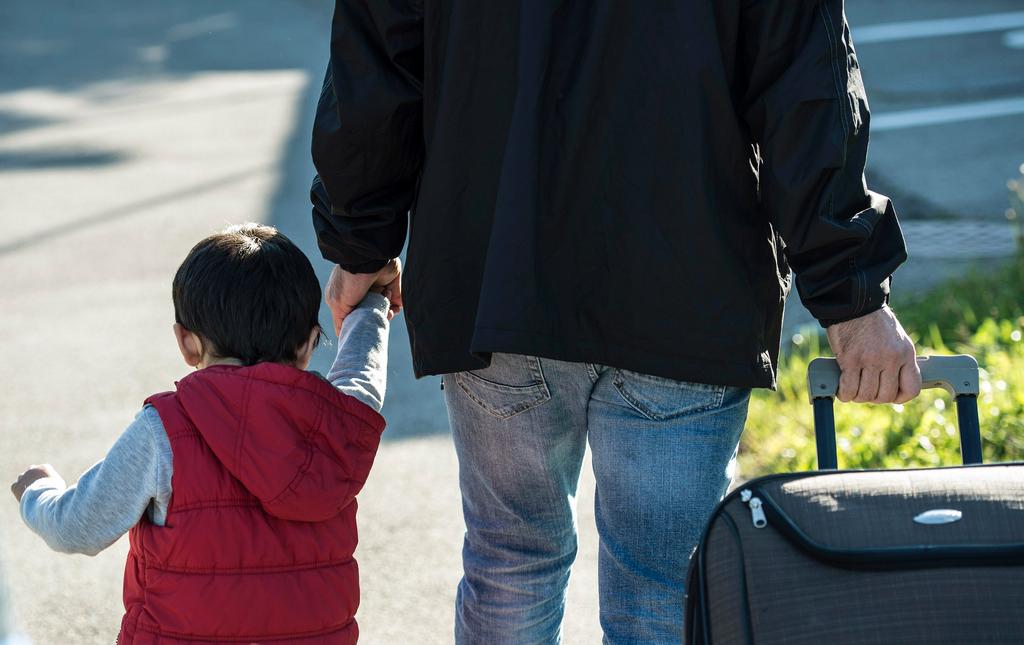
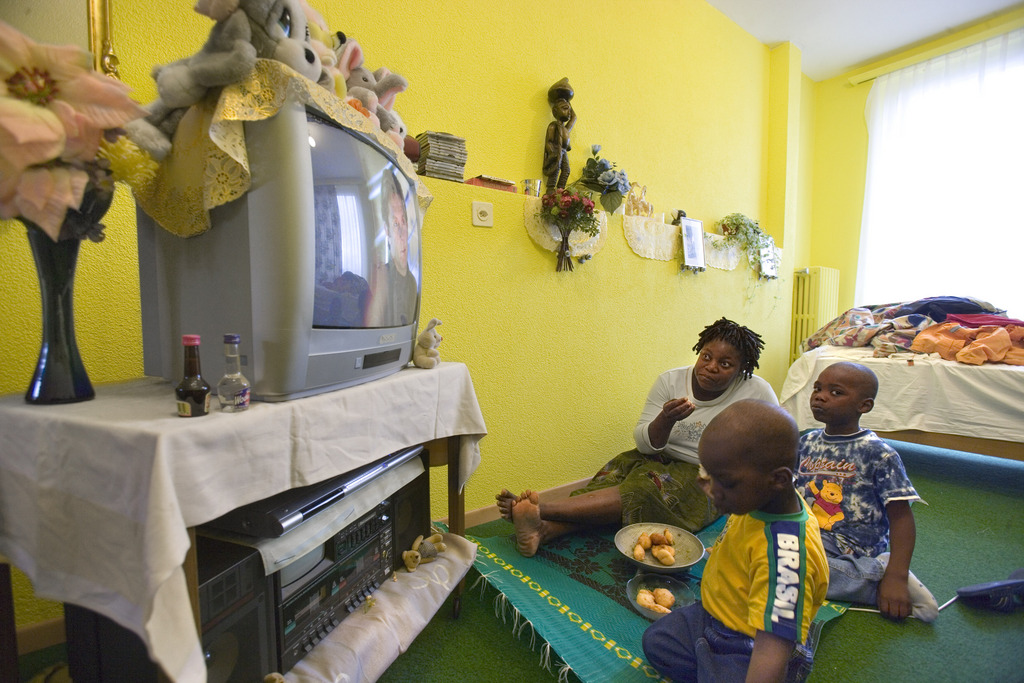
You can find an overview of ongoing debates with our journalists here. Please join us!
If you want to start a conversation about a topic raised in this article or want to report factual errors, email us at english@swissinfo.ch.